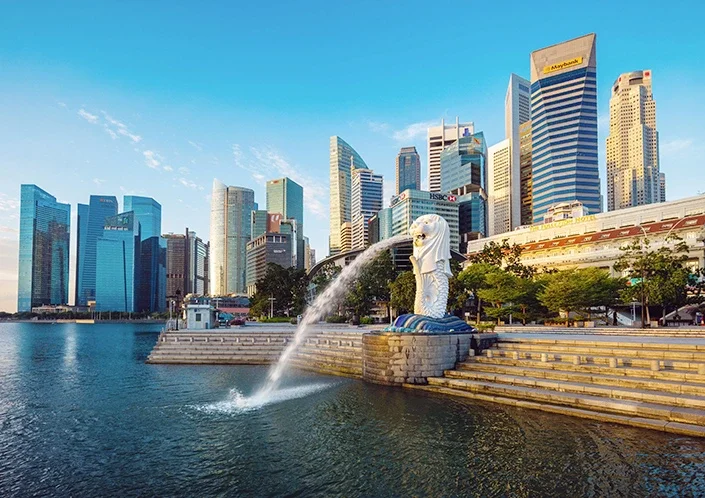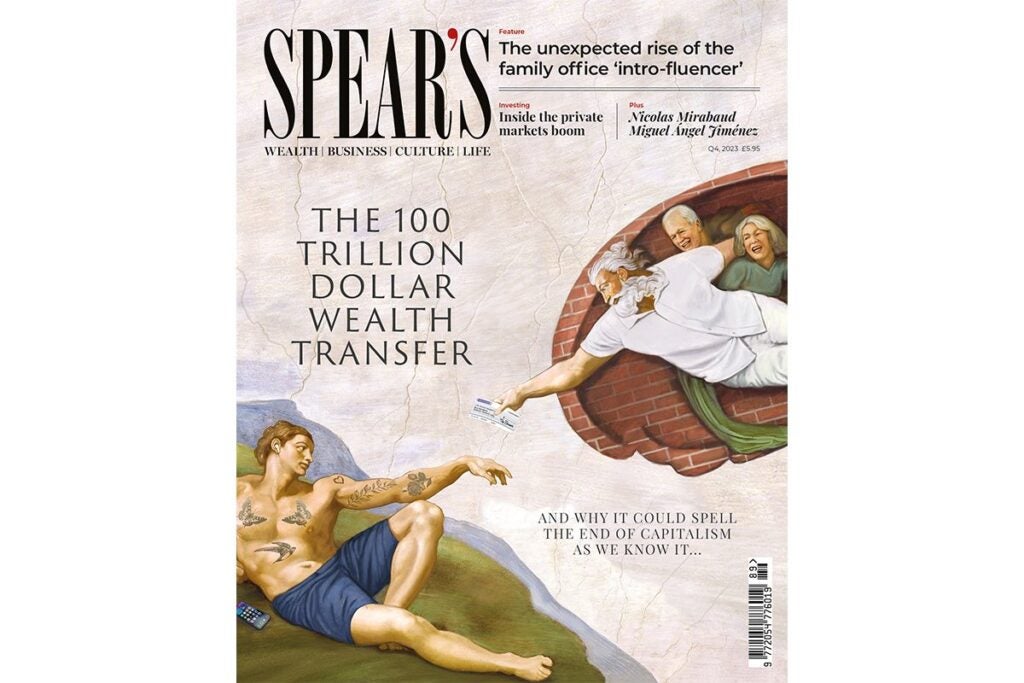
If you are in the family office world, you would be forgiven for thinking that everyone is on the move. A straw poll across the client base of my firm, Delfin, indicated that 60 per cent of them are planning to change their country of residence or review their asset structures or family office in the near future. So what’s going on?
There appear to be various factors at play. In the shifting sands of the somewhat ephemeral post-Covid recovery, indebted governments the world over are walking the tightrope of raising tax revenues while aligning themselves with new OECD tax rules on minimum corporate tax rates.
Even some of the countries which are choosing the politically expedient option of making their own citizens and corporates pay ‘their fair share’ are behind the scenes introducing incentives to attract the wealthy citizens of other countries.
‘They can afford to be choosy’
Others are more upfront about the need to compete to attract and retain the global wealthy, their assets and the offices that look after them, and have committed publicly to a tax regime that is friendly to those with the broadest fiscal shoulders.
[See also: How ‘intro-fluencers’ are looking to profit from family offices]
Amid this global arms race for tax dollars, many internationally mobile families are re-evaluating their residency, their family office location and the structures that hold their wealth. They tend to cite increasing hostility to the wealthy, inability to rely on policymakers staying true to their word, regulatory challenges and difficulty in sourcing and retaining talent as their main reasons.

Many UK-based family offices are working through their pre-election checklists, while those in Dubai and Hong Kong are staring down the barrel of new tax regimes that are forcing them to reassess their operating models.
[See also: UK wealth exodus: Brexit and non-dom debate ‘driving away the rich’]
The top destinations for tax migration
In the UHNW migration stakes, who are the winners and losers? Henley & Partners are tracking the movement of the global elite with their ‘wealth migration dashboard’. Their data shows that for 2022 and 2023 the countries losing the greatest number of UHNWs are China, India, the UK and Russia, while Australia, the UAE, Singapore and the USA are the top four beneficiaries. Political, fiscal and economic stability, security and quality of life rank above absolute levels of taxation, although these are clearly a factor. Other drivers include connectivity (both social and business) and the quality of healthcare.
The top destinations for family offices and their asset structures are also changing and competition across jurisdictions is hotting up. Many countries are modernising their trust laws and introducing new wealth structures, such as the variable capital company in Singapore. This is proving successful: more than half the family offices in Asia are now estimated to be in Singapore, according to KPMG and family office consultancy Agreus.
[See also: Family office investors favouring ‘passion assets’ in volatile times]
The factors that UHNWs must weigh when deciding where to locate a family office differ from those that influence choices around residency. For family offices, the goals are often diversification beyond the home bias, access to investment opportunities and growth areas, avoiding regulatory complications, access to high-quality professionals and service providers as well as low corporate tax rates. Accessibility, connectivity and time zone are also important, especially where the office is in a different location from the family and their asset-owning structures.
The promise of stability
The main family office is increasingly located in a benign, ‘no-change’ jurisdiction such as Singapore, Jersey, Monaco, Cayman or Switzerland, where stability, if not guaranteed, is at least high on the political agenda. In some cases family offices in these jurisdictions may be supported by a subsidiary investment office in one or more of the world’s financial centres such as New York, London, Sydney or Tokyo, and perhaps a third office which fulfils administrative and concierge functions closer to family members.

One other important consideration is a jurisdiction’s compliance with international developments in transparency and exchange of information. Those that fail to achieve full compliance with these programmes may find themselves black- or greylisted.
One family office CEO in a blacklisted jurisdiction told me it can take nine months to get through due diligence to undertake a new investment, by which stage the opportunity is often no longer available.
Policymakers often fail to understand that a UHNW family is not much different from a conglomerate. They can afford to be choosy and select where to live, where to invest and locate their assets and their family offices. Spreading one’s bets by locating residence, assets and family office in separate jurisdictions diversifies risk – both with regard to investments and geopolitics.
In this context, the most attractive destinations are those that offer an appealing package combined with the promise of stability. Countries that want to attract or retain the smart money need to understand that.
Annamaria Koerling is managing partner of Delfin Private Office
Spear’s 500: click here to discover more leading experts in the family office index
This column first appeared in issue 89 of Spear’s, available now. Click here to buy a copy and subscribe







